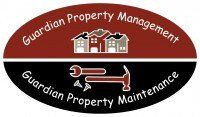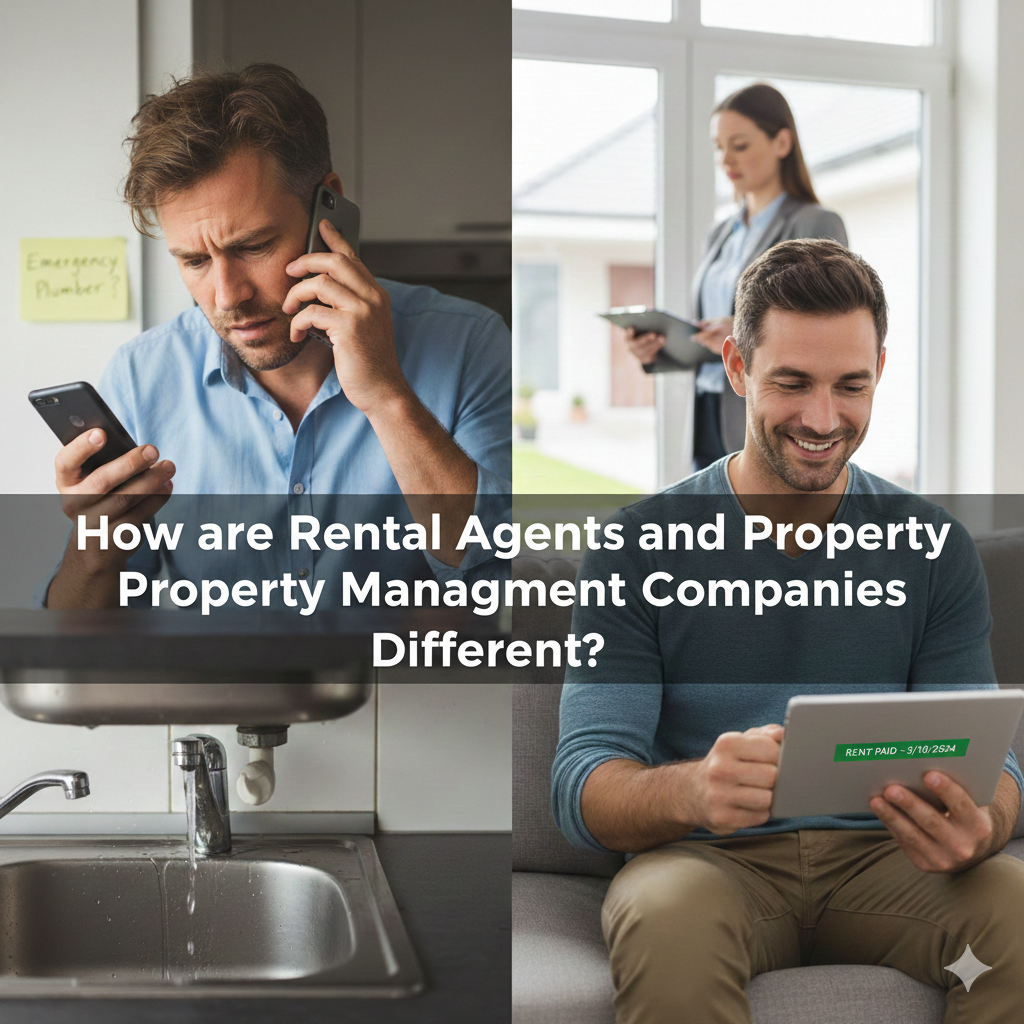Questions to Ask Before Hiring a Property Management Company

Managing a single rental property is not a big task, whether it comes to marketing, tenant screening, rent collection, or maintenance. However, being a hands-on and full-fledged landlord can get tricky if you have multiple properties in your portfolio, are too caught up with your primary job, or live far from the rental units.
You might be considering hiring a property management company. However, the plethora of options available today can make it a tad challenging to pick the right one. Before signing up with a service provider, ask a few vital property management questions.
But before we dive into the questions, let’s see why hiring a property manager makes sense.
Why Hire a Property Management Company?
Convenience, cost-effectiveness, and efficiency are key reasons behind hiring a licensed and certified property management company. Besides being aware of all relevant federal, state, and local laws, professional property managers guide you with investment decisions and help you set the correct rental rate, backed by industry knowledge, years of experience, and extensive research.
They also leverage technology to streamline multiple processes, help chart out robust lease agreements, simplify rent collection and financial reporting, and even strengthen the landlord-tenant relationship.
Since they work with various vendors, property managers save you a lot of money on maintenance and repairs. They also handle periodic inspections, lease renewals, and even legal hassles if required. Most importantly, skilled property managers help you maximize your investment without wasting time, energy, or effort.
Essential Questions to Ask Your Property Manager
Now, let’s examine the questions to ask property managers before deciding on a company that fits your needs.
1. What Services Does the Property Management Company Offer?
This is one of the vital property management questions to ask since you want your money’s worth and enjoy peace of mind while your
get the required attention. Remember that top companies manage properties end-to-end, from tenant screening, leasing out units, lease enforcement, and resident communication to move-ins and move-outs, maintenance, renewals, rent collection, accounting, and reporting.
They should ideally be able to handle disputes, take necessary action if a tenant refuses to pay, violates house rules, etc., and address issues like trespassing.
2. How Does the Company Handle Tenant Screening and Leasing?
Ask the company about their resident screening process. How intensive is their background check? Do they look into a potential tenant’s occupation, income, credit history, and criminal background? Do they request references from previous landlords? Also, determine if the property manager follows Fair Housing Laws so you don’t commit discriminatory acts.
You should also be aware of the grit of leasing. Does the company have ample market knowledge to draft leases that work both for you and the tenant? Will they share weekly updates after leasing, and can they handle rent increments when renewing leases?
Also, find out when the company will start marketing a property if a lease termination is on the horizon. Ask how they intend to enforce the lease and what they can do in case of violations.
3. How is Maintenance and Emergency Support Managed?
This is one of those questions for property managers that you must ask, since any rental unit needs upkeep and repairs from time to time. Find out if they will handle the maintenance and emergency support themselves, use contractors, or deploy an in-house crew. Ideally, they should offer preventive maintenance services, as this can prevent minor problems from magnifying and save you a lot of money and hassle.
Also, ask if the company works with licensed and reputable contractors and if the property manager can arrange for inspections and obtain permits for specific jobs (depending on the type or scale of job and location).
4. How Many Properties and What Types Do They Manage?
Don't miss this when asking property management questions, since you want a company familiar with your kind of rental property. The property manager should know the relevant rules, tasks, and strategies, whether you have invested in single-family homes, multi-units like duplexes or triplexes, or a condo.
Find out how many properties they manage, so you don’t have to worry about lapses or inefficiencies even if your portfolio has multiple rental units. Ask how the company achieves economies of scale when managing multiple properties, if necessary.
5. How Long Does It Take Them to Make a Property Rent-Ready?
Usually, homes need a few touch-ups (new paint, wallpaper, fixtures, etc.) before they are ready for the rental market. Old units might also need renovations. So, one of the questions to ask property managers is how much time they will need to make your home rent-ready.
Make sure their recommendations are logical and will help attract the right tenants and charge a profitable rent. Also, ask how long it generally takes for the company to fill vacancies or take a newly available rental unit off the market. Look into their advertising strategies and find out if they use new-age tools like virtual tours.
6. How Does the Property Management Company Collect Rent?
The company should have a proper system in place for smooth rent collection. So, one of the top property management questions to ask is if they have a dedicated, in-house collection agent and how they maintain a record of the collections. Find out which payment methods are available to tenants and whether the lease mentions the payment and amount details. Also, ask about late fees and the grace period allowed before a tenant is considered a defaulter. Find out how the company handles evictions in case of non-payment.
7. What are the Fees and Contract Terms?
Ask about their detailed fee structure to make sure you pick a company that aligns with your budget and investment goals. While most companies charge based on your rental income, a few additional fees might also be involved. For instance, a company might charge you for maintenance, emergency services, lease renewal, early contract cancellation, or evictions. Hence, everything should be in writing and clearly outlined in the contract you sign, so there are no surprises later.
Conclusion
Besides focusing on the above property management questions, you should ask a company about the level of involvement required from your side. Ideally, go with a property manager who doesn’t require micromanagement, but make sure you have the final say regarding major updates, actions, or decisions.
While researching the services and fees of a
, ask if they can share testimonials from investors like you. That way, you will have a fair idea about the property manager’s professionalism and competence.
When you join hands with the
best property management company
in Minneapolis, MN, you not only bid adieu to the stress and hassle of handling different kinds of rental units in different localities, but also maximize the return on your investment.
Hire Guardian Property Management for a Profitable Rental Business
Does researching multiple companies, asking a bunch of questions, and making comparisons seem daunting and time-consuming? Hire
and leverage experience, expertise, knowledge, and an impressive track record to maximize your rental income.
Contact us at Guardian Property Management
today for a detailed consultation or ring us at 651-287-2011.















